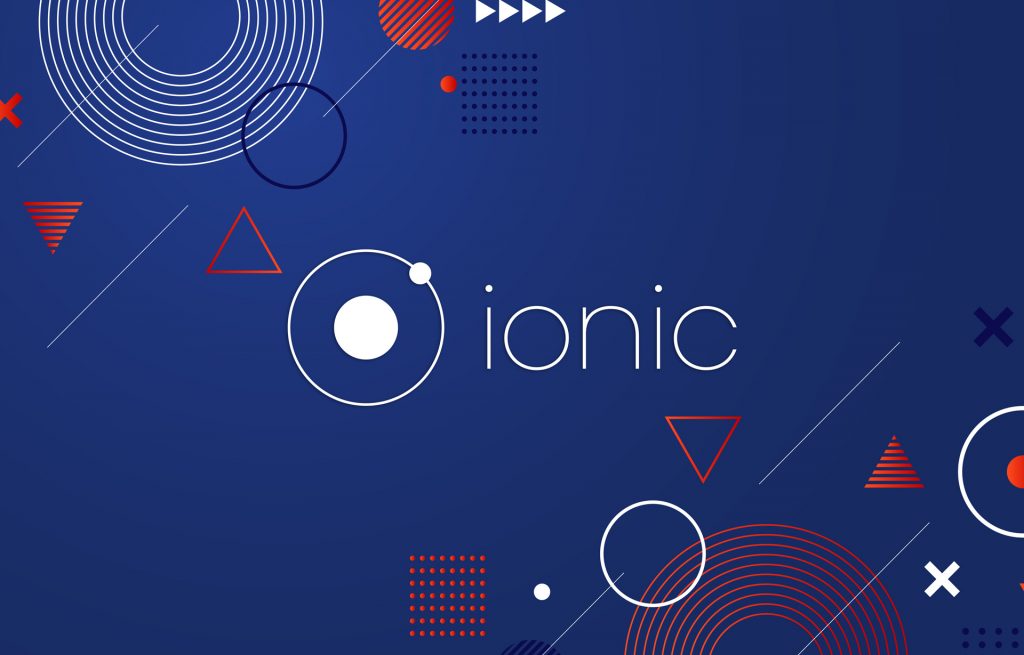JavaScript remains popular programming language for front-end, and more developers choose it to make a good career in IT and don’t have problems with employment. For backend development, PHP, Python, .NET, Ruby are used. They are far from being similar to JavaScript, and that’s why front-end and backend teams are far from understanding each other.
Even though the JavaScript has had its solution for backend from the start, the language was never popular for server-side until Ryan Dahl presented Node.js in 2009. It became much easier to switch between work on client and server side, use the same tools for both parts, and make the process comfortable, which is usually crucial for time-to-market, costs, and maintenance.
Node.js Overview
Node.js is an open source and free application runtime environment for backend development using Javascript. Its selling point is non-blocking, event-driven I/O (input/output) that keeps coding efficiently for lightweight distributed real-time applications with large sets of data. Node.js offers modules to simplify and accelerate the development of web applications. Those modules are for file system I/O, networking, binary data, cryptography functions, data streams. They reduce the complexity and time for application development.
Since developers work with JS for both front-end and backend, this allows teams to keep their work consistent, enhances their collaboration and understanding among each other. The team becomes cross-functional, that positively affects development time and costs. The code between the client and server can be easily reused and shared, which also accelerates the project development.
Node.js Technical Details
- Asynchronous and event-driven APIs never make the server wait API to get the response. It calls the next API and returns data from the previous API call.
- Single-threading and event looping enables the server to get a response in a non-blocking way and handle thousands of concurrent request without the performance loss.
- Apps built with Node.js never buffer any data, instead, they output data in chunks.
- As a part of MEAN Stack, Node.js can work along with MongoDB, ExpressJS, AngularJS. All these elements are open source, support the MVC architecture, let the developer write code in JavaScript, use JSON to transfer the data.
- Since Node.js library is based on Chrome’s V8 JavaScript engine, the code execution with it is fast.
Node.js Benefits and Drawbacks
Benefits
Real-Time Applications (RTA)
Node.js is perfect for real-time applications because, as mentioned, it handles multiple client requests, enables sharing and reusing library code, and assures fast data sync between front-end and backend. Node.js is a good option when you’re up to develop instant messaging, video conference, or collaborative editing apps (Google Docs, Trello).
Scalable and Robust Environment
Node.js processes many requests in short response times, shares validation code between the client and server, has non-blocking, event-driven I/O. These are the features that let this system to make your servers scalable and robust.

Drawbacks
Not Suitable for Heavy-Computing Apps
Since Node.js is single-threaded, it’s not suitable for heavy calculations. CPU-heavy operations block the incoming requests and affect the app’s performance. In such way, the excellent performance, that is a remarkable point of all the apps with Node.js, will be neglected. If heavy-computing is essential for your project, you should search for another solution.
Time-Consuming Development
This aspect is another side of the coin of the creativeness mentioned above. Node.js make developers code the app from scratch. This influence the complexity of the project, time for development, and its cost.
Lack of Consistency
Changes are made to Node.js API frequently, and developers usually have to make changes to the code as well. Sure thing, this is not very convenient and efficient work on the project. This is why maintenance of the application is a high priority in a project with Node.js.
Final words
As you can see, Node.js is a great solution to deliver apps with an excellent performance. It gives freedom for developers to go through each detail of the project. It guarantees smooth collaboration, scalability, fast and robust performance. Being the part of the MEAN Stack makes JavaScript universal language for web development. Take some time and consider all the details of the project, and then decide if Node.js will fulfill your requirements. If you encounter all the demands and understand that Node.js is right for you, then it won’t let you down.





